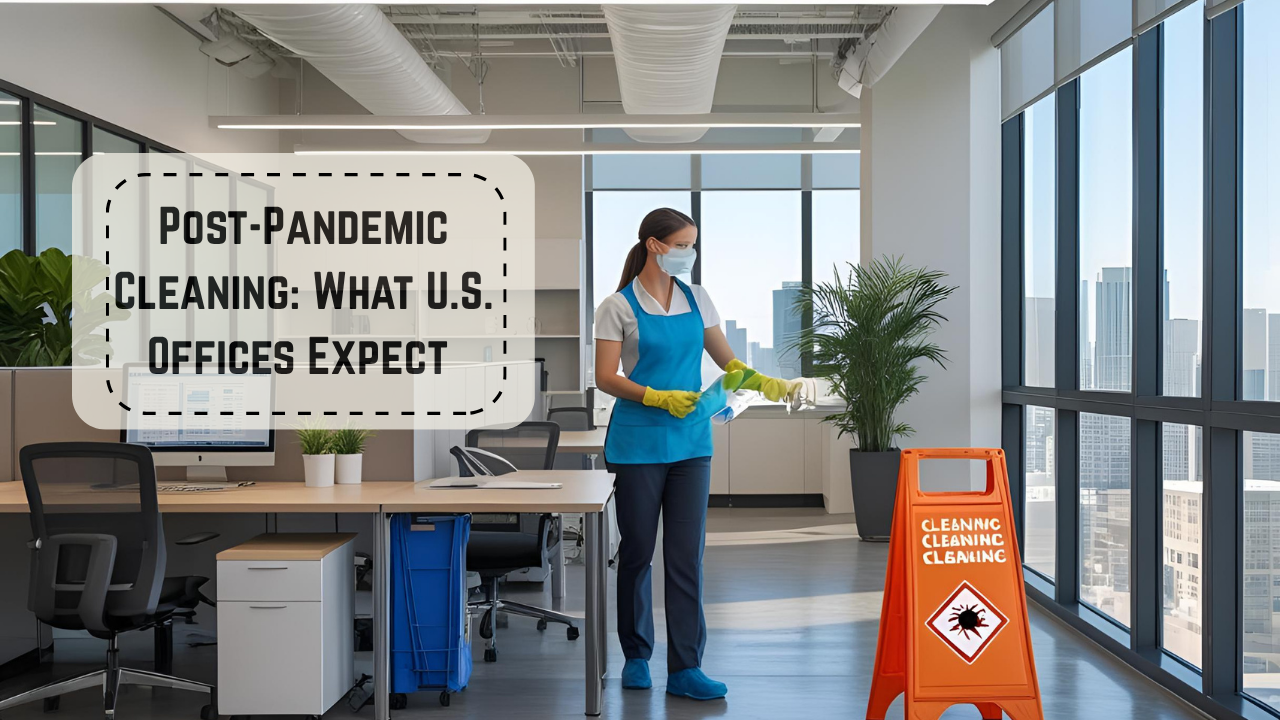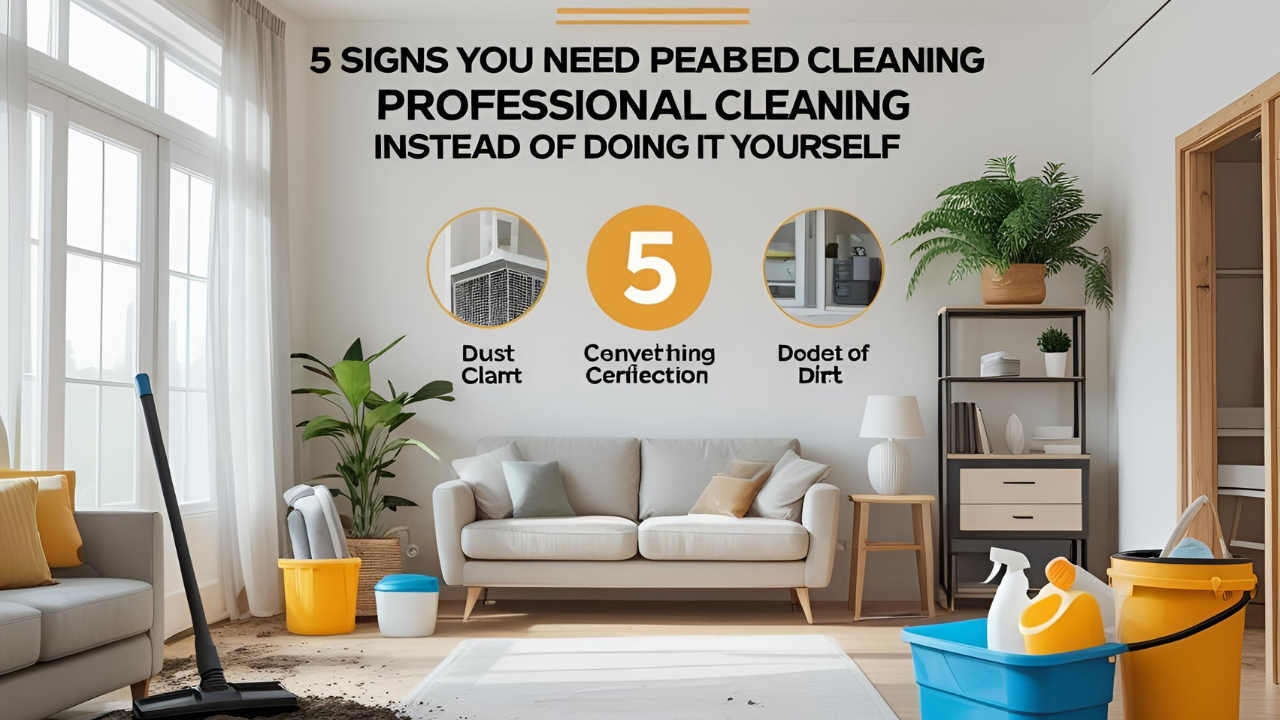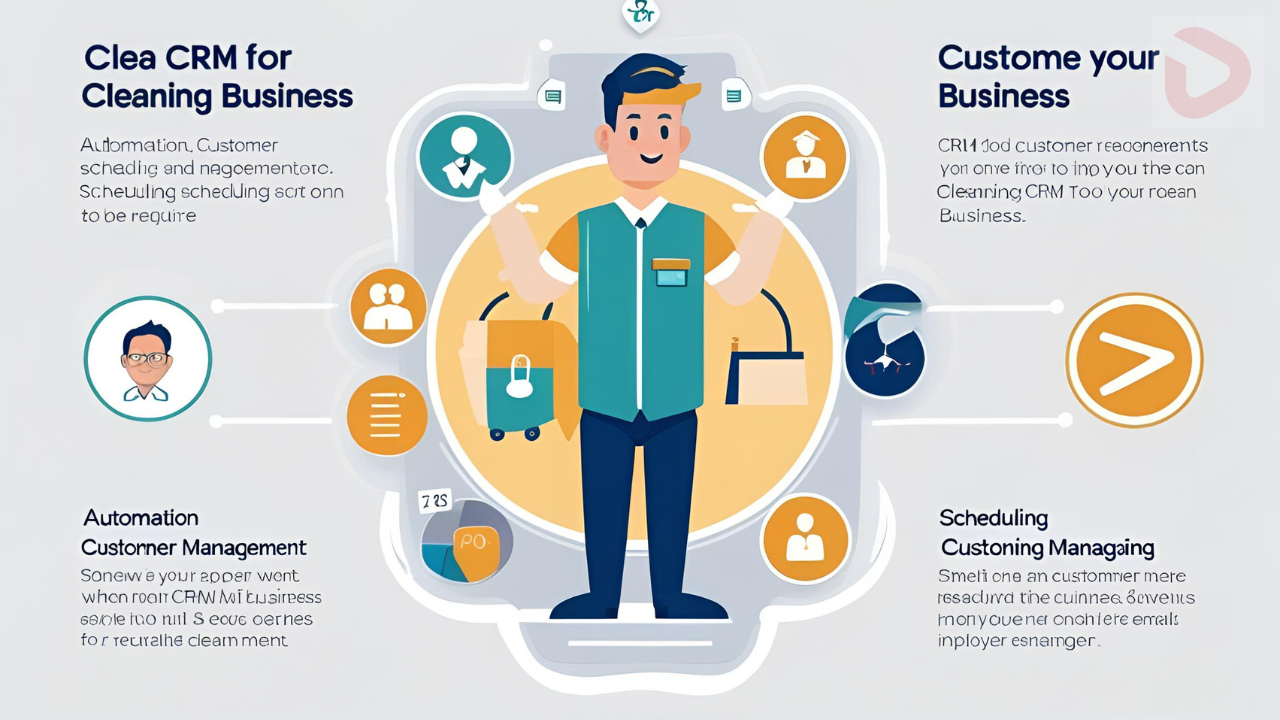In an age where convenience drives consumer behavior, on-demand services have transformed everything from food delivery to transportation. One industry that’s quickly catching up with this trend is professional cleaning. Across the United States, on-demand cleaning apps are reshaping the way people manage household chores by offering fast, flexible, and affordable solutions right at their fingertips.
This digital shift has changed how Americans book cleaning services, making the process more accessible and efficient than ever. Here’s a closer look at how on-demand cleaning apps are growing in popularity and what’s fueling their expansion across the country.
The Rise of Digital Convenience in Cleaning
Traditional cleaning services usually required phone calls, fixed contracts, and often long lead times. In contrast, on-demand cleaning apps simplify the process by allowing users to schedule, customize, and pay for cleaning services from their smartphones—often with same-day availability. This modern approach appeals especially to urban professionals, busy families, and tech-savvy users who value speed and simplicity.
These apps typically allow customers to choose from a range of services such as standard cleaning, deep cleaning, move-in or move-out cleaning, and even specialty tasks like carpet or window cleaning. Some also let you pick a preferred cleaner, set recurring appointments, or leave instructions for pet care and eco-friendly products.
Popular On-Demand Cleaning Apps in the USA
Several platforms have emerged as leaders in the on-demand home cleaning market. Here are a few standout options that are widely used across major U.S. cities:
- Handy
One of the most recognizable names in the space, Handy connects users with background-checked cleaning professionals and allows easy scheduling through its app or website. It operates in dozens of cities and is known for transparent pricing and reliable service. - Tidy
Tidy offers a more customized approach, allowing users to create detailed cleaning checklists and match with cleaners who best fit their needs. It’s ideal for those who want more control over the specifics of their service. - TaskRabbit
While not exclusively a cleaning platform, TaskRabbit includes a large number of cleaning professionals who can be hired for one-time or recurring jobs. The app also allows users to hire help for other household tasks, making it a versatile solution. - Thumbtack
Thumbtack helps customers compare quotes from various local cleaners, offering flexibility in choosing a provider based on budget, availability, and reviews. It’s especially useful for those seeking specific or large-scale cleaning projects. - Urban Company (formerly UrbanClap)
Originally launched in India, Urban Company has started expanding into global markets, including the U.S. Its user-friendly interface and comprehensive service options have made it a growing contender in cities like New York and San Francisco.
Why Americans Are Embracing On-Demand Cleaning
Several key factors are contributing to the rise of these digital cleaning solutions:
- Busy Lifestyles: With more people juggling work, family, and social commitments, time-saving services have become essential. Cleaning apps offer the flexibility to book a cleaner at a moment’s notice without disrupting the daily routine.
- Urban Living: In densely populated cities where residents often live in apartments or condos, there’s a higher demand for quick, recurring cleanings. Apps cater to these needs with localized availability and responsive service.
- Tech Integration: As digital services become the norm, users are more comfortable managing household needs through apps. Cleaning platforms are benefiting from the same consumer behaviors that made ridesharing and meal delivery popular.
- Post-Pandemic Awareness: The COVID-19 pandemic heightened awareness around sanitation and hygiene, prompting more frequent cleaning and demand for professional-grade disinfection—often facilitated easily through these apps.
- Transparent Pricing and Reviews: Many apps provide upfront pricing, service breakdowns, and customer ratings, which makes it easier for users to make informed decisions and trust the service.
Advantages for Service Providers
On-demand cleaning apps don’t just benefit consumers—they also provide significant opportunities for cleaners and small businesses. Many professionals appreciate the ability to work flexible hours, reach a wider customer base, and manage bookings without the need for costly advertising. This gig-economy model has allowed many cleaners to become independent contractors or expand their reach beyond traditional means.
Challenges and Considerations
Despite their many benefits, on-demand cleaning apps come with some limitations. Quality can vary depending on the provider, and in some cases, rapid booking systems may not always match users with the most experienced professionals. Additionally, gig workers may face inconsistent income or lack job benefits that come with traditional employment.
That said, many platforms are actively working to address these challenges by offering better vetting systems, loyalty programs, and support for service providers.
What the Future Holds
As technology continues to shape the service industry, the growth of on-demand cleaning apps shows no signs of slowing down. Integration with smart home devices, AI-driven scheduling, and expanded service offerings are just a few of the advancements we may see in the near future. Additionally, more regional players and niche services—such as eco-friendly or pet-specific cleaning—are expected to emerge, offering even more tailored solutions.
Conclusion
The expansion of on-demand cleaning apps in the United States reflects a broader shift in how people approach household management. By combining speed, flexibility, and convenience, these platforms are making it easier than ever to maintain a clean, comfortable living space. As urban life gets busier and expectations for cleanliness remain high, these digital tools are becoming an indispensable part of modern living. Whether it’s a one-time deep clean or a regular tidy-up, there’s now




